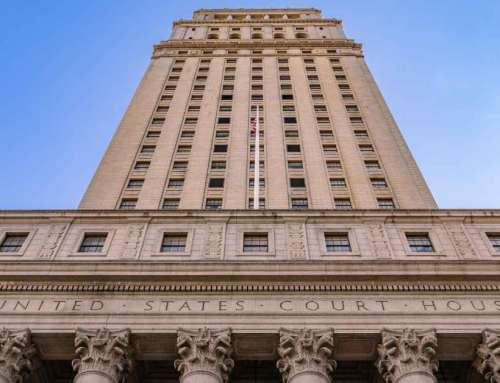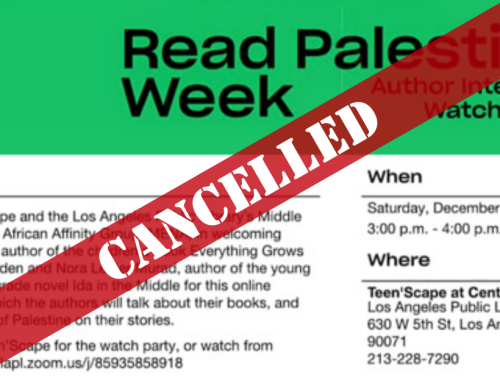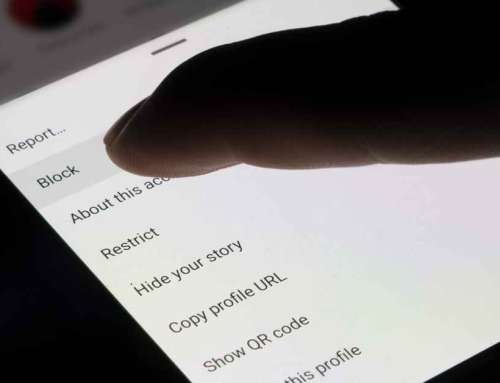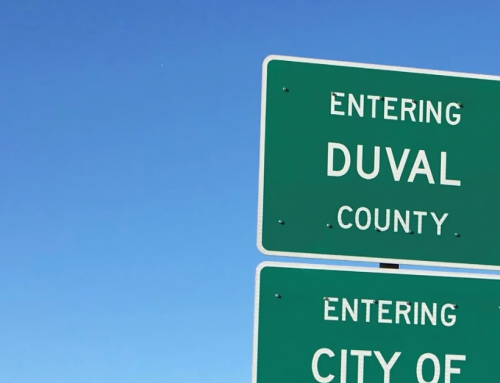Commissioners in Citrus County, Florida, recently voted against allocating $2,700 to the county library for a digital group subscription to the New York Times. The subscription would offer 70,000 Citrus County library cardholders digital access to the national newspaper.
The reason the commissioners voted against the funds was their disagreement with and dislike of the Times and its political positions.
Whether the commissioners want to read the New York Times or not is their choice, but it is impermissible for public officials to wield the power of the purse to restrict access to a newspaper just because of ideological disagreement with it. 70,000 library patrons in a democratic country should not be restricted to news sources that county commissioners endorse, just as they should not be restricted to only reading books that meet a government official’s pre-approval.
While the commissioners are free to fund the library or not, such decisions should be viewpoint neutral. The First Amendment bars public officials from making funding decisions based on dislike of a particular viewpoint in the attempt to suppress it.
We hope the Commissioners, who will be reconsidering the vote this month, wake up to their constitutional responsibilities.
One of NCAC’s participating organizations, the American Library Association, has issued the following statement:
The core mission of public libraries is to provide access to a wide range of information and ideas that enable each person to become an informed and active member of society. To this end, public libraries create opportunities for each member of the community to learn about current events, ideas, and opinions via a diverse set of perspectives so that members of the community have the opportunity to make informed decisions for themselves. Both the American Library Association’s Library Bill of Rights and the ALA Code of Ethics encourage libraries and librarians to ensure that the criteria used to select materials do not discriminate on the basis of factors such as political or religious viewpoint or the background, identity, gender, or beliefs of the publisher or author. As the Code of Ethics states, ‘we distinguish between our personal convictions and professional duties and do not allow our personal beliefs to interfere with fair representation of the aims of our institutions or the provision of access to their information resources.
Public libraries are government agencies subject to the First Amendment. Rejecting or censoring a publication based upon its political viewpoint represents both content and viewpoint discrimination that is contrary to the spirit of the First Amendment’s promise of freedom of speech and freedom of belief. Our constitution and Bill of Rights promises every person the right and equal opportunity to discover, develop, and defend her own political, social, and religious beliefs. A government official’s decision to prevent access to a particular publication based on partisan disapproval of that publication denies this right. We stand by our Freedom to Read Statement: We believe that democratic societies are more safe, free, and creative when the free flow of public information is not restricted by governmental prerogative.
While ALA offers the Library Bill of Rights, the ALA Code of Ethics, and the Freedom to Read Statement as guidelines for local libraries’ policies and practices, ALA does not control, govern, or dictate local library policy or decisions concerning the acquisition of materials and resources by local libraries. Public libraries adopt these statements of core professional values into their own policy manuals to serve as a framework for providing high-quality information services to the community as a whole and to affirm and strengthen their commitment to the First Amendment freedoms and democratic values that underlie public library service. ALA offers guidance and consultation to librarians and administrators when making collection development and reconsideration decisions that could affect access to information or the quality of information services provided to the library’s community.







